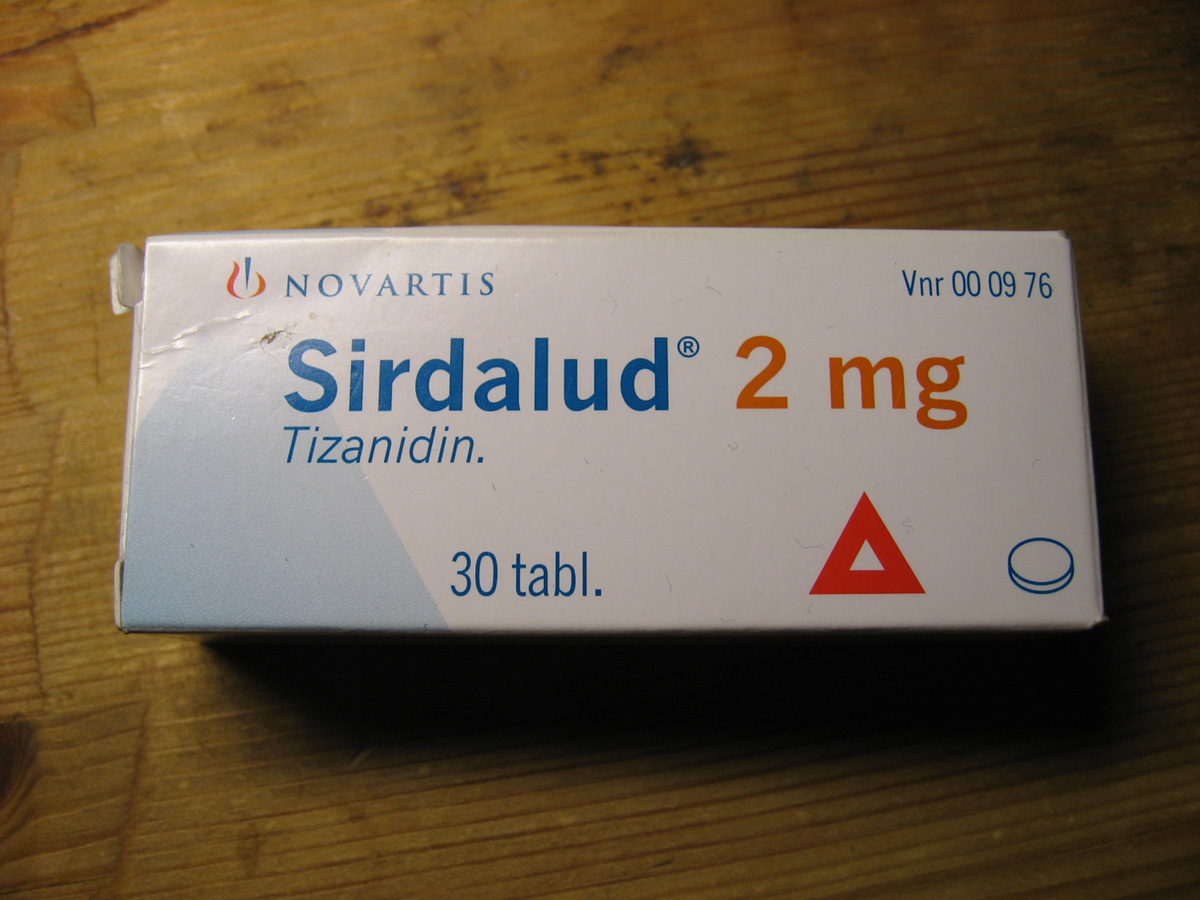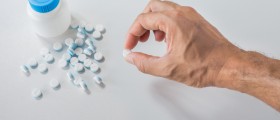
Caution
Tizanidine is a short-acting muscle relaxant which lasts for 3 to 6 hours after the application. Your doctor will prescribe the medication to be used before the everyday activities, when you need to be spasm-free. Use the drug exactly as it was prescribed. Do not increase the dose and do not take it more than 3 times per day. This medication might cause hypotension and should be carefully used in patients with orthostatic hypotension. Even the dose of 2mg could be strong for those patients. Tizanidine cause dizziness and drowsiness in many patients, so it is not advised to drive or manage any machinery when using this medication. Use of any other anti-spasm drugs may potentiate these side effects.Adverse Effects
Almost 50% of tizanidine patients experience gastrointestinal problems. The most common are dry mouth, nausea, vomiting, and sometimes constipation and loss of appetite. Also, very common are sleepiness, dizziness, sedation, and asthenia. Sedation could be a serious condition and affect everyday activities. Rarely, patients reported sleeping issues, hallucinations and speech problems. Tizanidine affects the liver, causing a significant elevation of liver enzymes and other signs of liver toxicity. Yellowing of the eyes and the skin was one of the commonly reported symptoms when using this medication. Cardiovascular side effects included hypotension and bradycardia (lowering of the heart rate). This condition is rarely severe, but it might require medical attention and IV fluids, dopamine and epinephrine. Sores on the skin, rashes, tingling and pruritus have rarely been reported, as well as the blurred vision and eye pain. Other adverse effects of tizanidine were withdrawal symptoms that included: hypertension, anxiety, tachycardia, tremor and hypertonia. Most of these effects have been associated with the narcotics abuse.Overdose
Overdose of this medication requires the urgent medical attention. Call for medical help if you have any of these symptoms: vision problems, confusion, dizziness and light-headiness, breathing problems, chest pain, serious drowsiness and sleepiness, irregular heartbeat, sweating and pale or blue skin and fingernails.












-Uses%2C-Side-Effects-And-Risks_f_280x120.jpg)


Your thoughts on this
Loading...